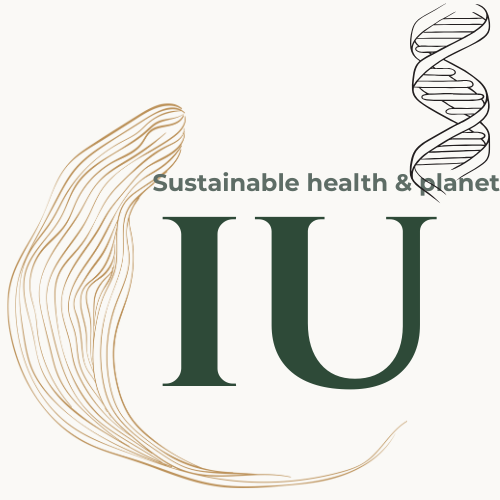3 science-backed ways to transition into autumn
As summer winds down, many of us return from vacations with disrupted routines, bloated digestion, and scattered energy. The shift from the relaxed pace of summer to the structured demands of autumn can feel particularly challenging.
To support a smooth, science-driven transition, I focus on three essential strategies that balance physiology, cognition, and productivity, so your mind and body can perform at their best. Here are some practical, evidence-based actions you can implement immediately.
1. Reassess your supplements and micronutrients for seasonal resilience
The transition from summer’s long, sunny days to shorter, cooler autumn mornings can subtly change our nutritional requirements. Minerals like magnesium, zinc, potassium, and selenium are crucial for energy metabolism, stress resilience, immune function, and cognitive performance.
Why this matters for you:
Magnesium supports focus and reduces tension from long hours in front of screens.
Zinc plays a role in immune defense, particularly important during seasonal changes when your office may be recirculating air.
Selenium and potassium regulate thyroid and adrenal function, which influence sustained energy throughout demanding workdays.
Perform a micronutrient check via blood tests or functional diagnostics, then supplement strategically. Even minor deficiencies can affect your stamina, clarity, and resilience in our modern fast-paced environments.
2. Harness morning sunlight to optimize cortisol and focus
Lots of modern research highlights the profound impact of morning sunlight exposure on the body’s circadian rhythm (and here we are talking about cortisol - its good side, in particular). Spending just 15–20 minutes outside, looking up in the sky and letting the sunlight enter your body, within the first 60–90 minutes after waking helps regulate cortisol—a hormone that controls alertness, focus, and energy distribution.
In particular, by doing so, you will:
Support sustained energy across long workdays.
Balance cortisol in the evening, improving falling asleep and staying asleep quality and recovery.
Reduce reliance on stimulants like coffee, stabilizing mood and preventing midday energy crashes.
How to implement this:
Step outside immediately after waking, without sunglasses. Even cloudy mornings work.
Focus your gaze gently on the sky or natural light—no screens yet.
Pair with a glass of water (taken upon waking) to kickstart metabolism.
And here’s a scientific insight into this: Light exposure influences melatonin production at night, which is essential for deep REM sleep, memory consolidation, and cognitive function.
3. Use seasonal foods to support eye health and cellular protection
Autumn brings vibrant vegetables like pumpkin, carrots, sweet potatoes, and butternut squash. Rich in beta-carotene, the precursor to vitamin A, these foods support:
Eye health, reducing strain from prolonged screen use in offices.
Immune resilience, protecting against seasonal colds and infections.
Skin and mucosal barrier function, critical for overall health.
Here’s how science explains this:
Beta-carotene converts to vitamin A, which maintains retinal function—helpful for professionals spending hours in front of computer screens reviewing reports or dashboards (by the way, vegetables in this concern are a safer vitamin A source that supplements, as our body converts just as much beta-carotene into vitamin A as it needs, thus avoiding intoxicating itself).
Pair with healthy fats like olive oil or avocado to maximize absorption.
Practical culinary tip: Incorporate baked pumpkin or carrot soups, stir-fried vegetables, or autumnal salads into your weekly meal preparations. Simple, seasonal foods can have a profound impact on your cognitive clarity and overall vitality.
Seasonal transitions don’t have to feel disruptive. By optimizing micronutrients, syncing your circadian rhythm with sunlight, and eating seasonally rich foods, you can:
Enhance cognitive focus for complex projects and tasks.
Stabilize energy and mood throughout the day.
Improve sleep quality for recovery and resilience.
Maintain peak performance while supporting long-term health.
